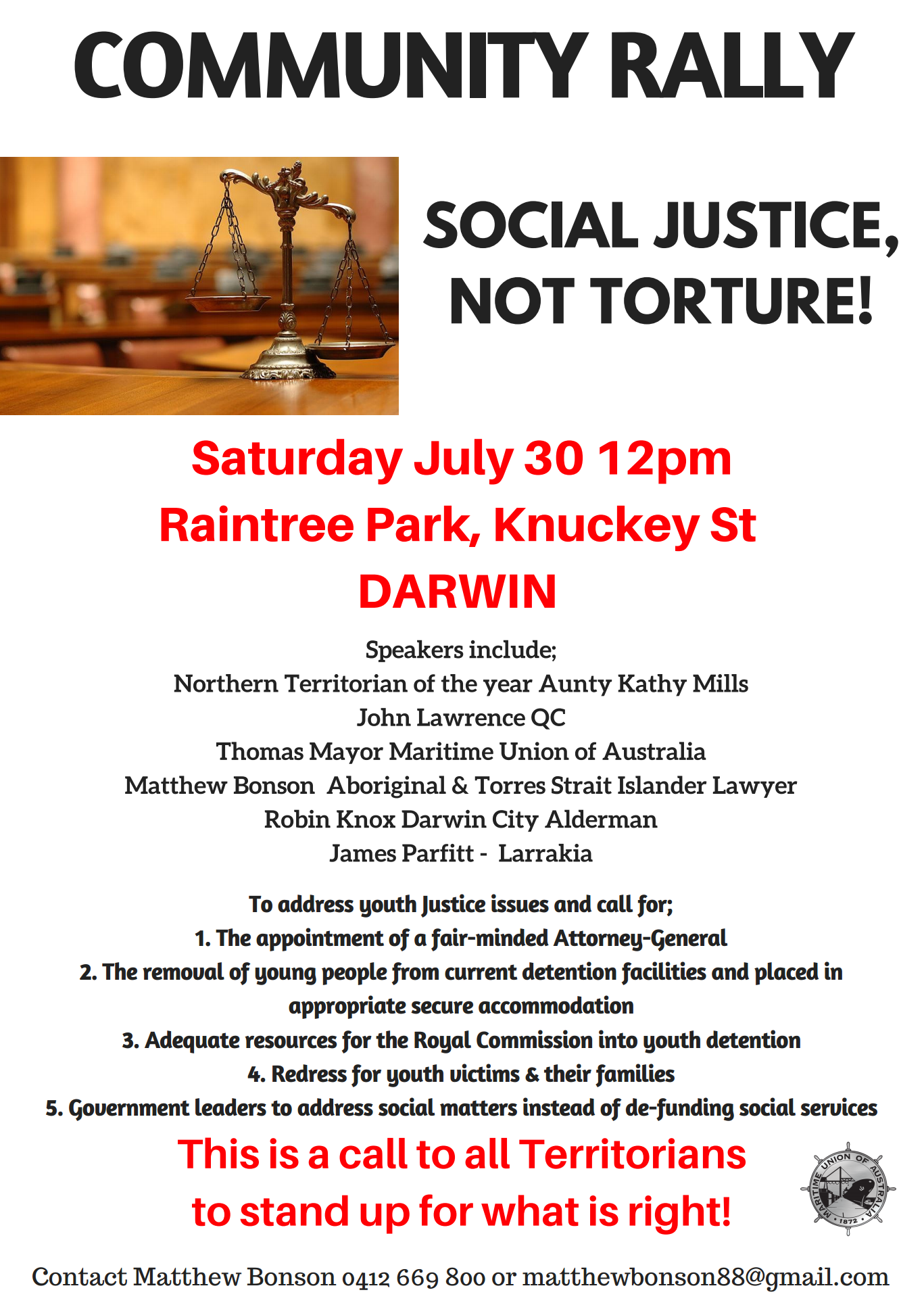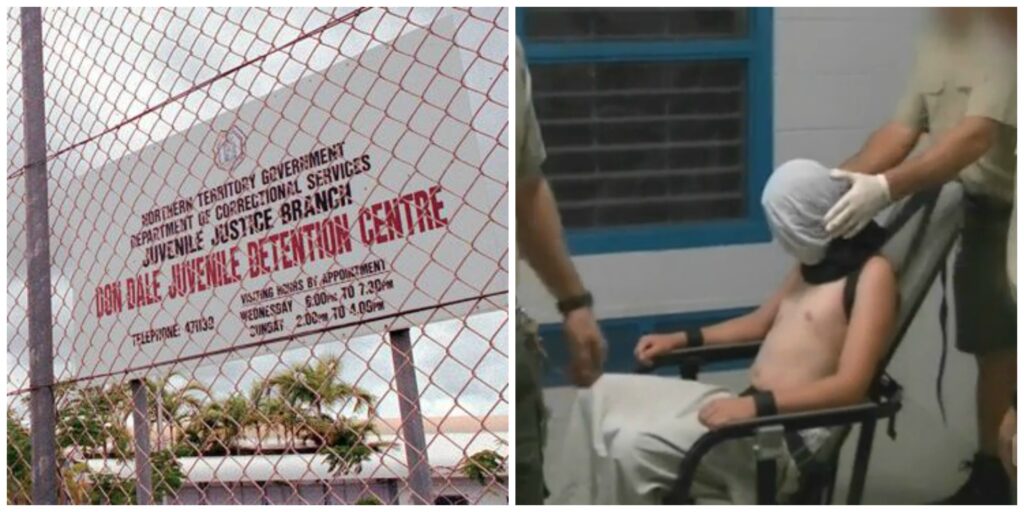It’s time to rethink our approach to youth crime and break the cycle of despair. As educators we have an important role to play, writes Branch President Jarvis Ryan
The revelations on the ABC’s 4 Corners program have brought to public awareness the truth about what is happening in the Northern Territory’s youth detention system. Children as young as 10 have been brutalised in state facilities.These practices are not only common but have been endorsed at the highest levels of government.
Our youth detention system is not curing young offenders of their criminal ways – it is damaging them, irreparably in some cases, and no doubt making many of them into harder criminals, thus perpetuating a vicious cycle.
The Government’s emphasis on incarceration is embodied in its budget allocations. This year’s budget allocates $14.7 million to youth detention, an increase of 27% ($3.9m) on what was budgeted last year.
By contrast, funding for programs and services is just $1.2 million, which has been slashed by 55% ($676,000) on last year’s allocation.
In other words, spending on incarceration outweighs spending on programs such as education by a factor of more than 10.
Why don’t we put a lot more resources into preventative and deterrence measures? Not only would this approach cost less than locking kids up, it would help young people in a way that incarceration never can.
As educators who work with young people every day, we should be part of the movement demanding change. None of us want to be part of a system that dehumanises children. As educators, we strive always to be part of the solution.
Our schools have an important role to play here, particularly with our Indigenous students. Schools must champion Indigenous languages and culture and help kids feel proud of their identity. Schools should recognise important events such as Sorry Day that help us understand the ongoing and intergenerational trauma that affect many Indigenous people and families. Schools must provide a curriculum that is diverse and culturally respectful and appropriate.
And our schools must work with those kids who are at most at risk of falling into the judicial system and do everything we can, in conjunction with families, elders and others, to keep kids out of incarceration.
If kids really must be sent away for their safety and others, let’s send them out on country and to Homelands or to appropriate facilities, and never again into isolation cells for weeks at a time.

Rethink our approach
As I watched the 4 Corners program, I thought of a student I taught at a remote school who came perilously close to being sent away to “Juvie” because of a number of petty criminal offences.
Through the hard work of teachers, health workers, rangers and others, we kept that boy out of detention by engaging him in a work program with Indigenous rangers and helped him get his life on track. The last time I saw him was on a school excursion to Darwin. According to his teacher, he was attending school every day and thriving.
We did that without any specific program budget. How many other kids could we save from the horrific experience of incarceration if we rethink our approach to juvenile justice?
I know that many educators will have similar stories, whether of kids you helped keep out of detention, or of those lost to the system.
Royal Commission
A Royal Commission has been established to examine the underlying problems in the NT’s juvenile justice system.
But the terms of reference for this Commission have been set too narrowly to consider matters wider than the juvenile detention and child protection system. The NT Government will also be involved in its administration even though it is central to the problem.
A Royal Commission, providing it is fully independent and adequately resources, provides an opportunity for a complete rethink of the current system, which emphasises punishment instead of genuinely assisting (with programs and funding) young people to change their ways and get their life on track.
Sadly this Royal Commission looks like a quick political fix to protect those in power.
If we truly want to break the cycle of despair, we must take action to transform the systems that have brutalised our young people.
At a systemic level, we need to change the structure of institutions of power to ensure the voices of the marginalised are heard. In education and other key areas, we must ensure sure Indigenous leaders are able to have real input into the development of policy.
Whether or not the Royal Commission addresses these deeper structural issues, our union and our members can and should be part of making real change happen. Our Branch Executive will meet shortly to develop a more detailed position. We want to work with the many people and organisations that are demanding genuine reform.
The first step to show our support is the community rally being held in Darwin this weekend [see attached PDF]. A big turnout is vital to show the depth of public anger over this issue, and we ask all of you in the Darwin area who can to attend. For those living elsewhere, there will be opportunities to make your voice heard in the weeks to come.

